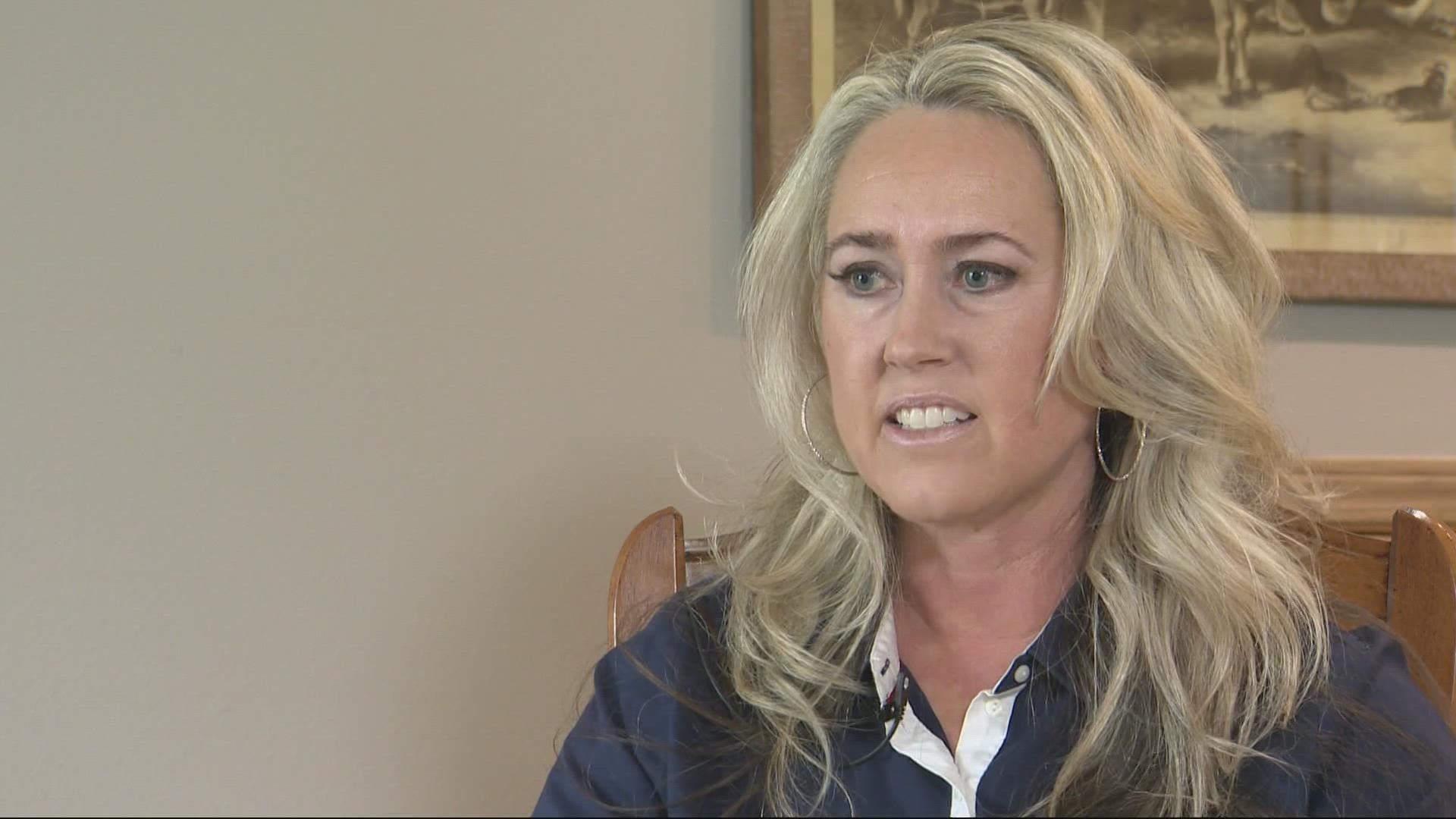PORTLAND, Ore. — While the pandemic surely had a detrimental impact on overall mental health, doctors are increasingly working to address the acute psychological impact of long COVID on patients.
That includes Amy Weishan, who was diagnosed with COVID twice; first in July of 2020, then again that October. Like an estimated 8 to 23 million Americans, her symptoms never went away. They lingered and evolved into persistent exhaustion and sporadic brain fog.
“I'm almost two years into this," said Weishan, 48. “I used to be really outgoing … sometimes it feels like, for me anyway, I'm just dying on the inside.”
As a side effect of all of it, Weishan’s mental health began eroding in the summer of 2021. She went on disability for 6 months. Depression replaced joy, severe anxiety replaced confidence — and last fall, Weishan tried to take her own life.
“Thankfully I didn't obviously carry it through ... but I’m still terrified that I did that,” she said.
Weishan sought help from Oregon Health & Science University's Long Covid-19 program, particularly their treatment of COVID-related mental health struggles.
“The mental health aspects of this are very real," said Dr. Jordan Anderson, a neuropsychiatrist in OHSU’s Long Covid program. “The thoughts of suicide are something that I am hearing about every day when I'm talking to my patients, unfortunately."
When it comes to long COVID, Anderson said people's inability to rebound physically can impact them mentally and emotionally, wreaking havoc on their home and work life.
“This struggle of adapting to their new limitations and sort of grieving their former life is leading to really profound depression and suicidal ideation,” he said.
Anderson added that treating these patients’ mental health cases requires extra care, given their special medical needs.
“Some of these medications can make their long COVID symptoms feel worse and we have to be careful with that,” said Anderson. “This is a new variable that we're not used to dealing with in the mental health field.”
It's all still so new, and Anderson said that this may be the most important point of all. He emphasized that long COVID patients facing mental health struggles need and deserve empathy and validation. Many, including Weishan, are finding these through therapy and within OHSU’s long COVID support groups.
“We just know that we had this collective common disaster,” said Weishan. “Working with them and hearing their stories, it's like we're all telling the same thing but none of us knew.”
For Weishan, it all points to a place where she can only hope to return to —normalcy.
“My friends are like, 'Where have you been? We miss you so much!’” said Weishan. “I'm like, I miss her, too. I miss me, too.”

